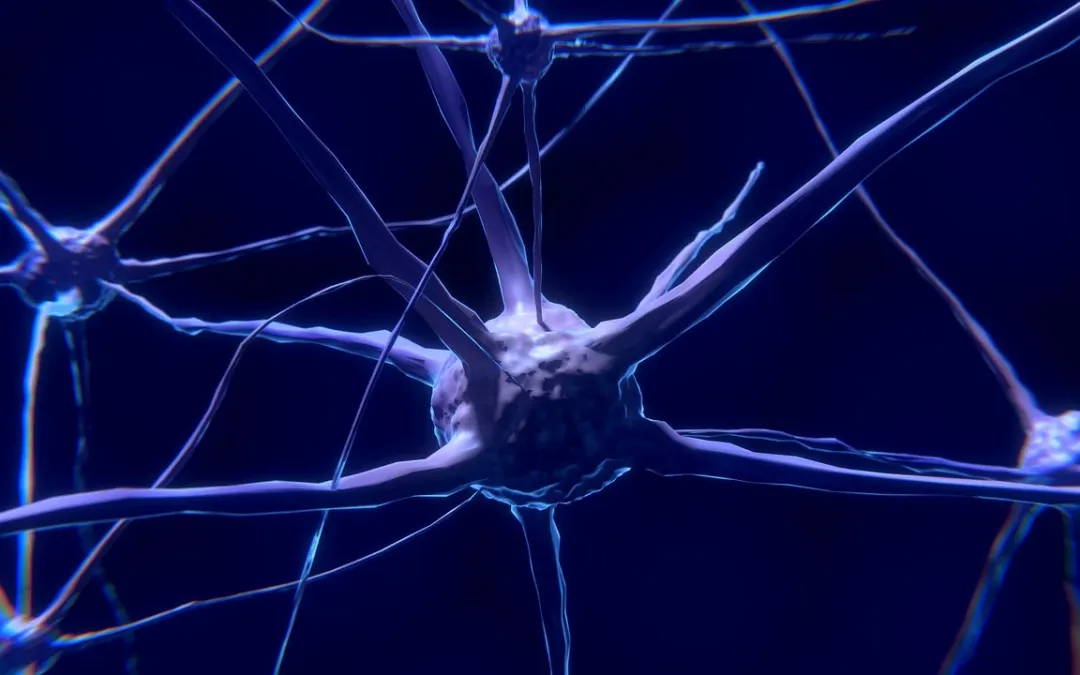Although sometimes it is not taken seriously or is considered a secondary matter, sleep is a fundamental biological need for learning, memory, and academic performance.
Numerous scientific studies have shown that sleep is essential for consolidating information learned during the day. During the deep sleep phase, the brain reorganizes and strengthens memories. A neuroscience study showed that students who slept after learning information retained significantly more than those who stayed awake. Therefore, sleeping is crucial for reinforcing memory and brain plasticity.
Lack of sleep, on the other hand, has a negative impact on performance. A student who has had little rest may feel more distracted, irritable, and have less ability to solve tasks. According to another scientific study, sleep deprivation reduces activity in the hippocampus, a brain area essential for memory. Moreover, in the long term, a sleep deficit is linked to mental health issues, such as anxiety and depression, especially in adolescents.
In light of this, what can we do? Establish solid routines, avoid electronic devices at least an hour before sleeping, and prioritize rest as part of the learning process. Parents and teachers can help by respecting natural sleep rhythms and promoting healthy habits. Let it be clear: sleeping well is not “a waste of time”; it is preparing the brain to learn better.
This article is translated from Kaiera
Editor of Daily 27.
Predoctoral researcher at the Department of Sociology in University of Barcelona.


